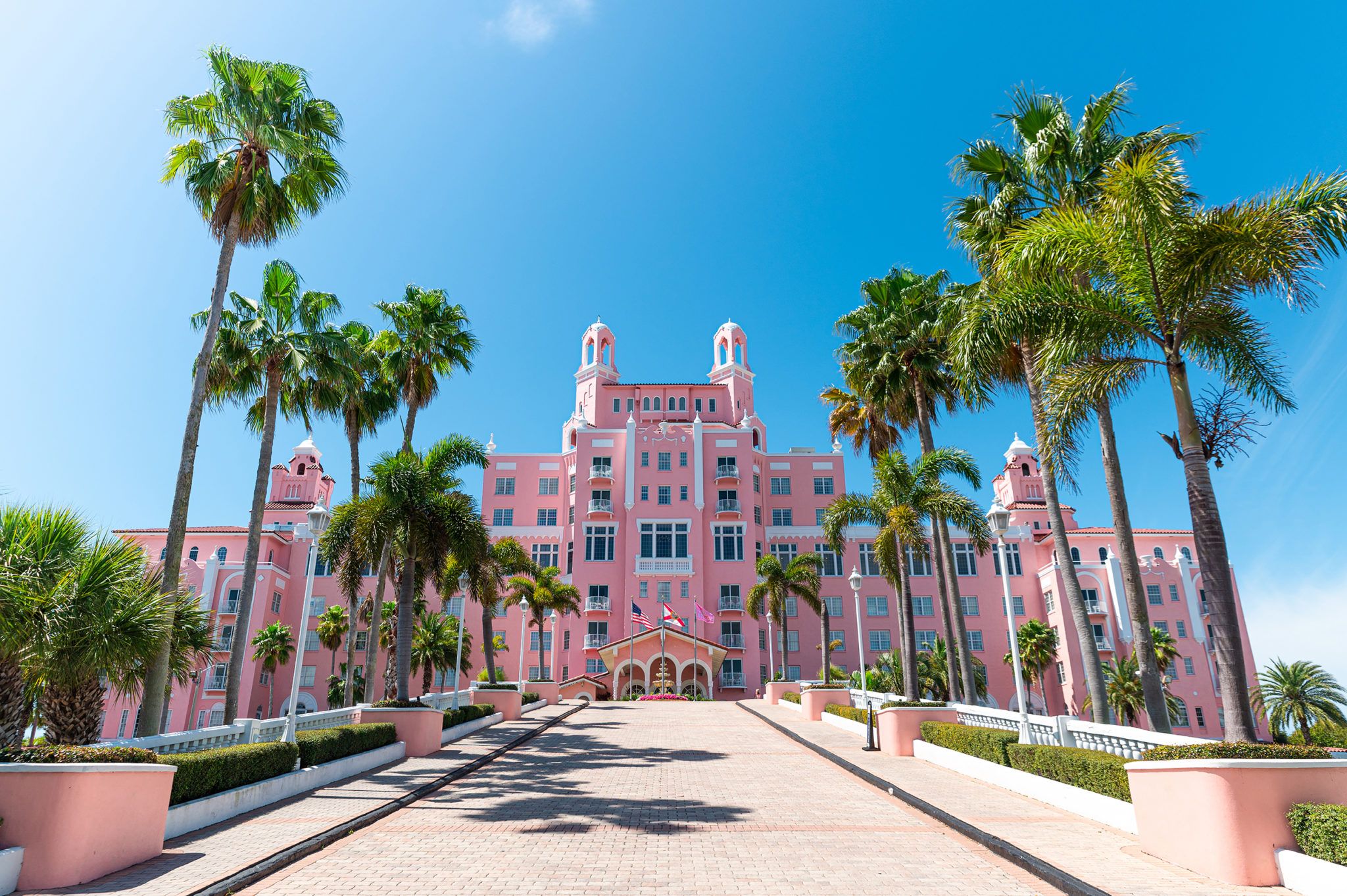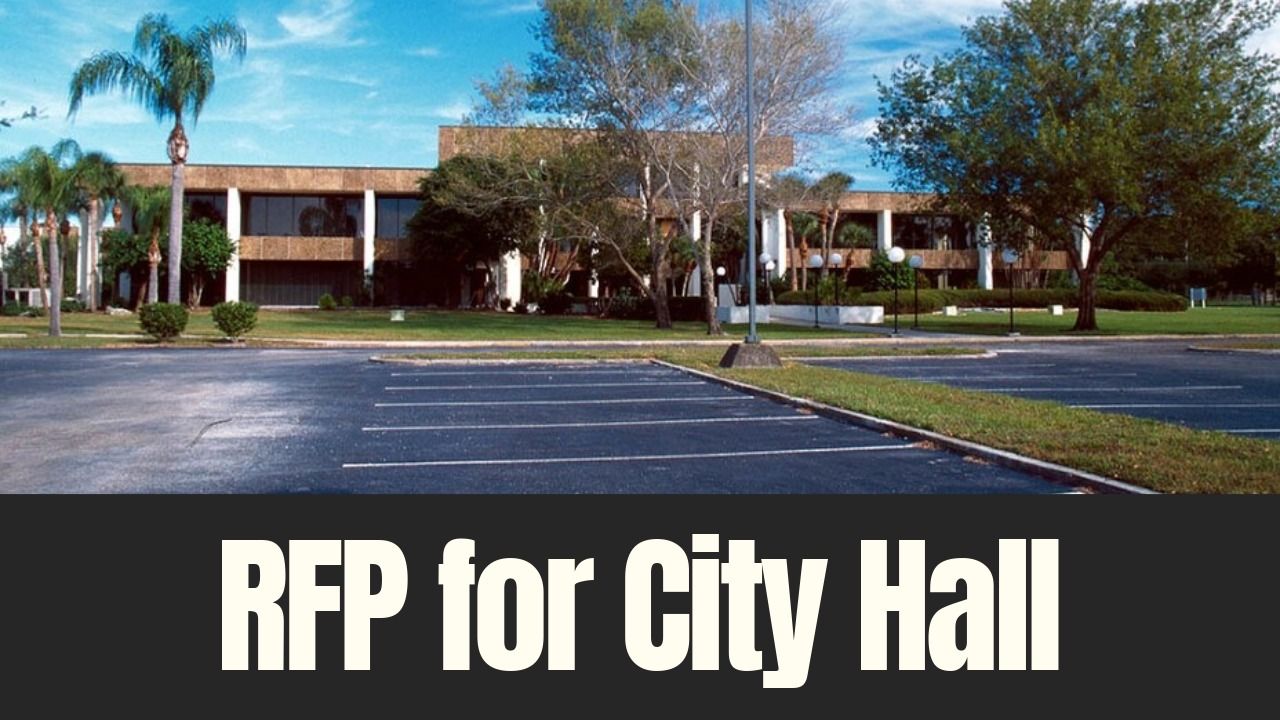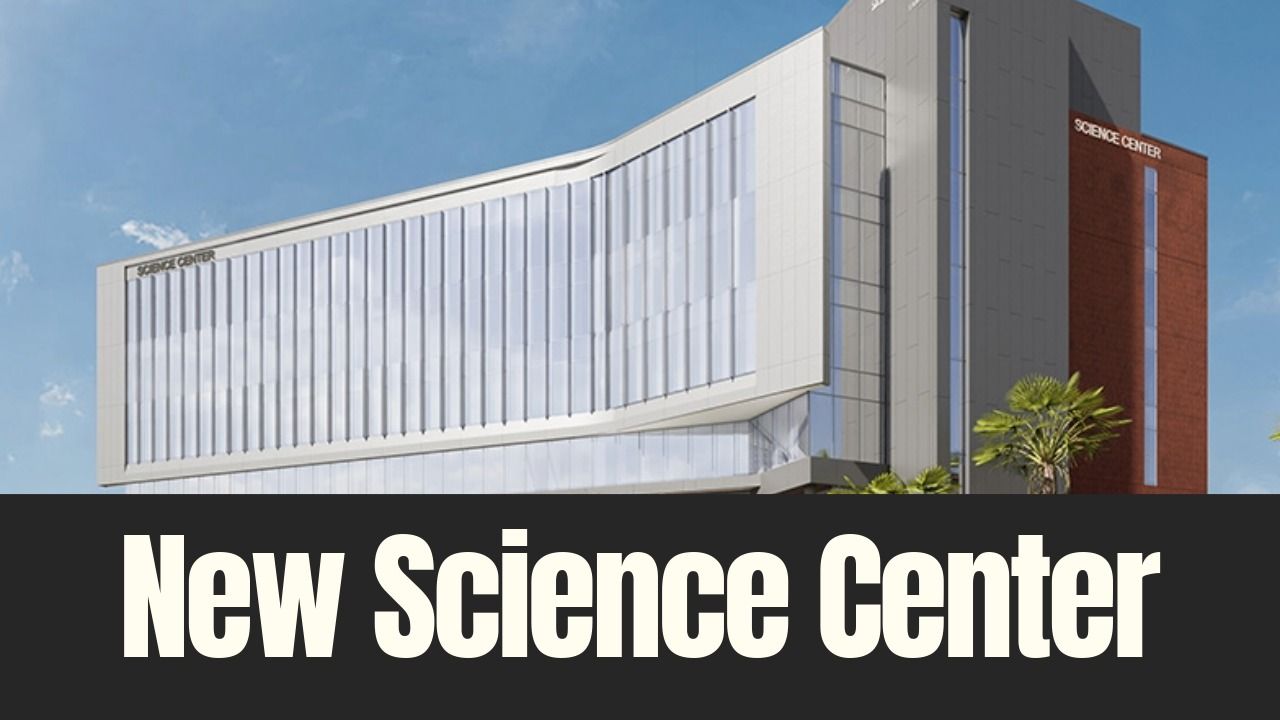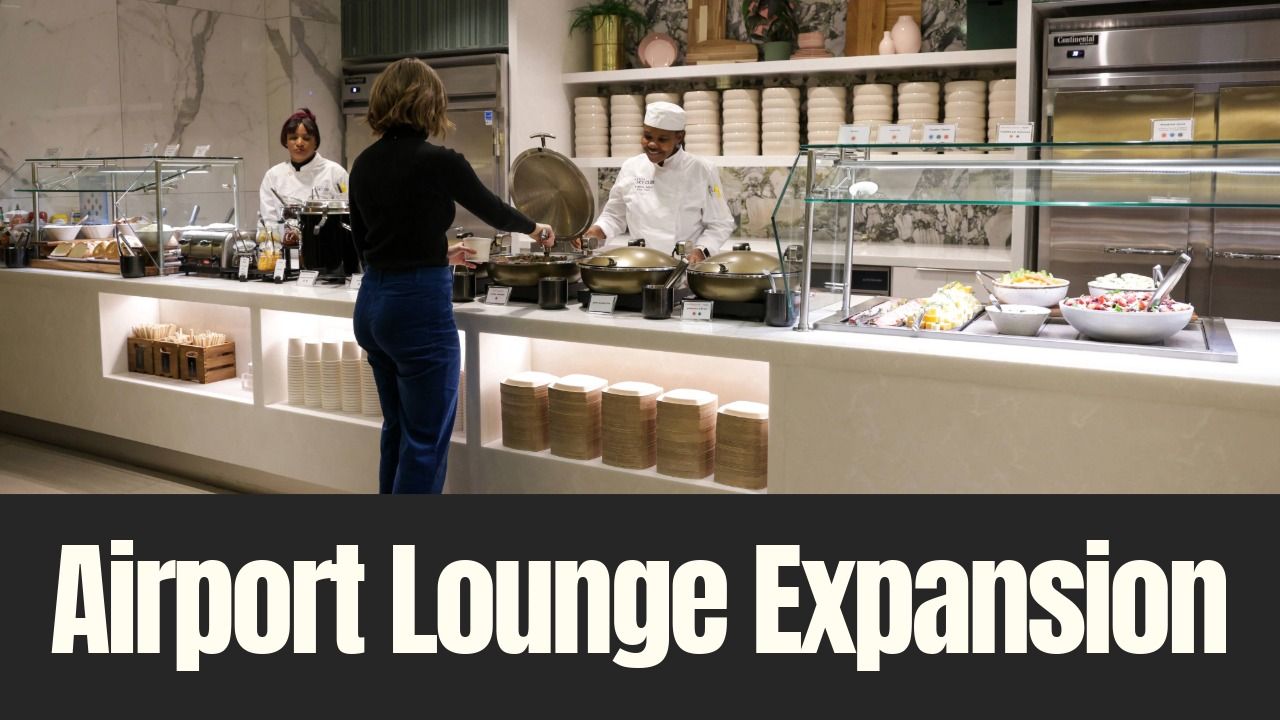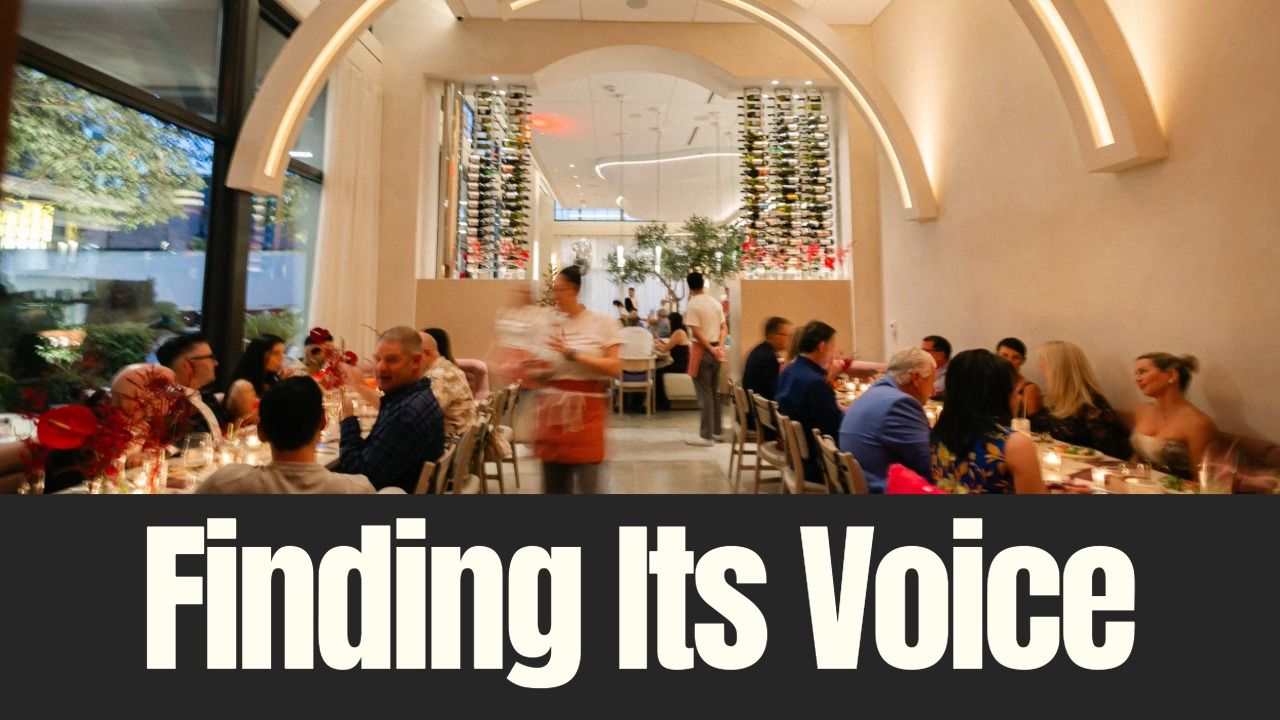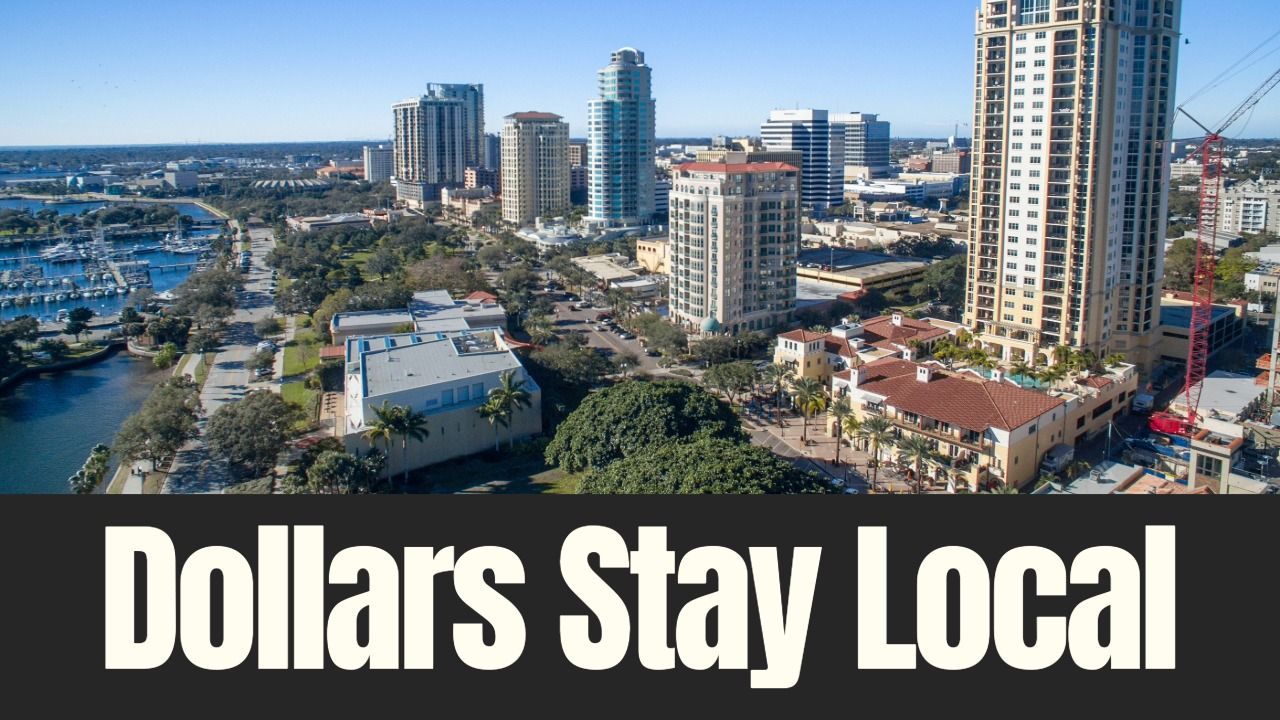In more than 92 years holding court beachside the team at the Don CeSar, one of St. Pete Beach’s most recognizable and storied properties, has navigated multiple obstacles.
Despite the stock market crash of 1929, appropriation by the United States government during World War II to serve as an Army hospital, and subsequent Veteran’s Affairs regional office, threat of the wrecking ball in the early ’70s and a hurricane, or two, “the Don” never wavered. It met each challenge to ultimately join the National Register of Historic Places. Hosting guests such as the notorious Al Capone, F. Scott Fitzgerald, Lou Gehrig and scores of film stars, the Don long ago cemented its reputation as the premier Sunshine City host with the million-dollar beach living room overlooking the Gulf. And, while the coronavirus pandemic of 2020 was a curveball that none in the hospitality industry could see coming, the Don never closed.
Throughout the pandemic the Don, with 277 rooms, and its sister Beach House Suites, with 71 apartment-style suites, evolved service levels and offerings, successfully striking a balance to meet the needs and expectations of their guests, staff and municipal guidelines.
TBBW spoke with General Manager Thomas Fraher, and longtime hospitality industry veteran Todd Gehrke, director of sales & marketing, for their perspective on managing the iconic property through, unique and challenging, times. Responses were edited for length and clarity.
How are you and the team holding up during this difficult period?
Gehrke: One of the unique things about this scenario is, when you work in hospitality and service, you’re born into service. There’s a sense of pride, and excitement, about people getting back to celebrating with guests and creating a special guest experience.
Anyone who works in this hotel, who works in the restaurant or who works in the service industry thrives on being able to support, and service, people and share in that excitement. It’s been great to watch the community come back and celebrate just being active and being, quite honestly, alive and excited about getting back to normal. As a resort community, we spend our days working with people who are relaxing, rejuvenating or celebrating a family milestone.
That’s what we love about what we do. Not having that in our day to day has been an emotional struggle for everybody. So being able to get back to working with people, and allowing people to celebrate, has been tremendous. Through this experience we’ve gotten back to the core of, “Hey, we’re all in this together.” That’s been really rejuvenating for everybody.
Fraher: There are so many regular guests we have built relationships with over the last 15 or 20 years. We are so happy to be able to welcome those guests back, to interact with our favorite local guests coming to the restaurants, bars and the gift shop.
Take us through your operating process from the start and how you evolved your service levels over time.
Fraher: From the start the safety and health of our team members, and guests, have been paramount. We stay up to date with all national, city and state guidelines, making sure we’re reacting appropriately to all executive orders from the governor. We also stay in tune with local officials. I attend countless conference calls, whether it is industry groups such as Florida Restaurant and Lodging Association, to get the most accurate information and we’re doing everything we need to for the safety, and welfare, of our team members and guests.
We never closed (as an essential business). The volume certainly curtailed but we’ve stayed open. We’re an anchor for the community and have an obligation to keep our doors open. Again, it’s just been a case of variable staffing relative to the low depths of the situation, happily adding more team members back weekly, as business levels grow.
What are your greatest challenges?
Gehrke: Early in the season we had just come off the best February we ever had. We were anticipating moving into, what was forecasted to be our best March in 92 years. As with most businesses, whether hospitality-related or otherwise, 2020 was really starting off to be quite a banner year.
As soon as things got to a point where we felt like we needed to shift into crisis mode, we immediately started to meet with our team members, our ownership group, the city, the stakeholders and the county. We basically asked, “What needs to happen, what are the next steps and what are those timelines?”
The most challenging thing for us, from a business standpoint, was the abruptness by which it took place. We literally were, at one point, telling everyone, “Hey. We do have some concerns. We do have a little bit of uncertainty on what the next few months are going to look like,” to within days basically saying, “I’m sorry folks but we’ve seen a huge impact. We need to make a shift to our business and our employment.” We made drastic changes at that point.
Then immediately turning around to the city and the county, basically forcing us to question if we should close restaurants and operations. At one point, we only had the rooms available at the property along with access to our beach.
We are one of the largest employers in the city of St. Pete Beach, and in the Pinellas County area. To go from our normal staffing levels down to less than 25 people, at one point, making it happen was significant.
What are you encouraged by, are you turning a corner with business coming back?
Gehrke: The biggest factor is the demand and the increase in travel. The fact that we’ve been able to bounce back, definitely quicker than anticipated, a few weeks ago is really thanks to the beach. People want to be outside. They’ve been quarantined in their homes for months now. They don’t want to go from one interior space to another interior space. The reason everyone’s coming is that they want to get outside, they want to be in the fresh air and they want to put their toes in the water. It’s about getting back to the beach and feeling some normalcy.
Fraher: At a historic hotel, like this, we do over a hundred weddings a year. Weddings are a staple of our guest experience and our business model. We have maintained some significant wedding volume. We’ve seen an uptick in calls and inquiries. We just held a 40-person wedding (in June) and the bride and groom were ecstatic. It was the date that they had planned all along and it was 48 hours after the Phase Two release from the governor. It was exciting, from an employee standpoint as well as from a guest standpoint. We all celebrated a sense of getting back to normal. For 92 years we’ve been doing events and weddings around this property and to host a special event was great for everyone. It was good for them and the team.
Tell us about some of the community outreach you’ve done during the pandemic.
Fraher: We recognize, and understand, how we stand, and how we are positioned, in the community and that is important to us. Early in the crisis, there’d been a reach out by the SPCA for towels, and bedding, for pets and we were pleased to provide a large contribution.
More recently, and this is a big win, we donated a large number of blankets, and pillows, to My Place in Recovery, a local shelter. We’re pleased we can help our neighbors.
What do you want guests and the community to know about where the Don is now?
Fraher: My message to the community is, we’re open. We never closed. We’re here for you. We appreciate your business and we want to recover together. Anyone coming here is going to be safe.
Gehrke: Most people are coming from the “direct drive” market. They’re finally getting in the car with their family, and hopping over to the beach and they’re spending a few nights. It’s amazing what a good, salt-rim-covered frothy cocktail will do for the spirit. ♦

